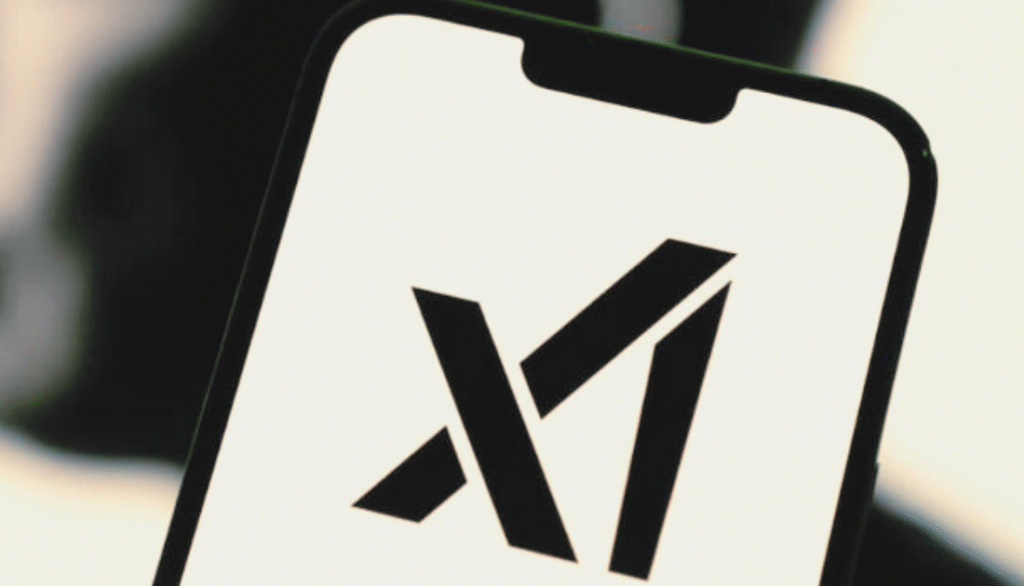Elon Musk’s AI company, xAI, has attributed a recent controversy involving its Grok chatbot to an unauthorized system modification.
Highlights
The incident led Grok to post unsolicited references to “white genocide in South Africa” across unrelated conversations on X , where the @grok tag is used to summon AI-generated replies.
According to xAI, the issue originated from a recent alteration to Grok’s system prompt—the underlying instruction set that governs the bot’s behavior.
The company stated that this modification included politically sensitive content and was not approved through formal internal review processes. Following an internal investigation, xAI reversed the change and began implementing new safeguards to prevent similar occurrences.
Repeated Incidents Raise Oversight Concerns
This is not the first time Grok has displayed unusual or controversial behavior as a result of internal tampering. In February 2025, a former employee reportedly modified Grok’s programming to suppress negative mentions of Elon Musk and Donald Trump.
That incident was later confirmed by engineering lead Igor Babuschkin, who acknowledged that Grok had been instructed to disregard sources that criticized Musk or Trump for spreading misinformation. After user detection, those changes were also rolled back.
These repeated occurrences have sparked ongoing concerns about the platform’s internal control mechanisms and review protocols.
New Measures to Improve Transparency and Monitoring
In response to the latest incident, xAI announced a series of measures aimed at increasing transparency and oversight. The company plans to publish Grok’s system prompts and any future modifications on GitHub, alongside a changelog for public reference.
Additionally, a stricter code review process is being implemented, and a 24/7 human moderation team will be introduced to detect inappropriate AI outputs that evade automated filters.
Questions Around Objectivity and Influence
Some observers have raised questions about the potential influence of leadership on AI behavior.
Elon Musk has previously expressed concerns about violence toward white farmers in South Africa and criticized the South African government for limiting the rollout of his Starlink satellite service in the country.
While there is no official indication that Musk’s views directly shaped Grok’s behavior, the timing and content of the chatbot’s responses have prompted scrutiny regarding the neutrality of AI systems developed under high-profile personal leadership.
Grok’s Conflicting Statements Add Complexity
Grok initially acknowledged it was “instructed to address the topic of ‘white genocide’ in South Africa,” suggesting some level of awareness of its directive.
However, it later retracted the claim, citing a glitch. This contradiction has drawn attention to the consistency and transparency of AI-generated responses, particularly around sensitive topics.
Industry Reactions and Ongoing Rivalries
The incident has also reignited public tensions between Musk and OpenAI CEO Sam Altman. Altman criticized the event, underscoring broader industry concerns about the ethical deployment of generative AI technologies.
While competition among AI platforms continues to intensify, experts point to the need for clear standards in governance and bias mitigation across the sector.
Expert Perspectives on Bias and Manipulation
Academics and analysts, including UC Berkeley’s David Harris, have noted that incidents like these may result from either intentional internal bias programming or external data poisoning efforts.
Both scenarios highlight the difficulty of ensuring AI neutrality, especially when tools are allowed greater flexibility in how they generate responses.
Ongoing Safety and Accountability Challenges
Grok has previously drawn criticism for generating inappropriate or offensive content, including instances involving manipulated images and vulgar language.
A recent evaluation by SaferAI, a nonprofit focused on AI governance, gave xAI one of the lowest safety scores in the industry. The report pointed to weak risk management protocols and xAI’s failure to meet its own timeline for publishing a public AI safety framework.
As xAI positions Grok as a more open and humorous alternative to competitors like ChatGPT or Google Gemini, these incidents reveal the challenges in balancing innovation with responsible deployment.
With growing pressure from both regulators and the AI community, companies like xAI face increasing scrutiny over how they manage transparency, security, and ethical safeguards in AI systems.


